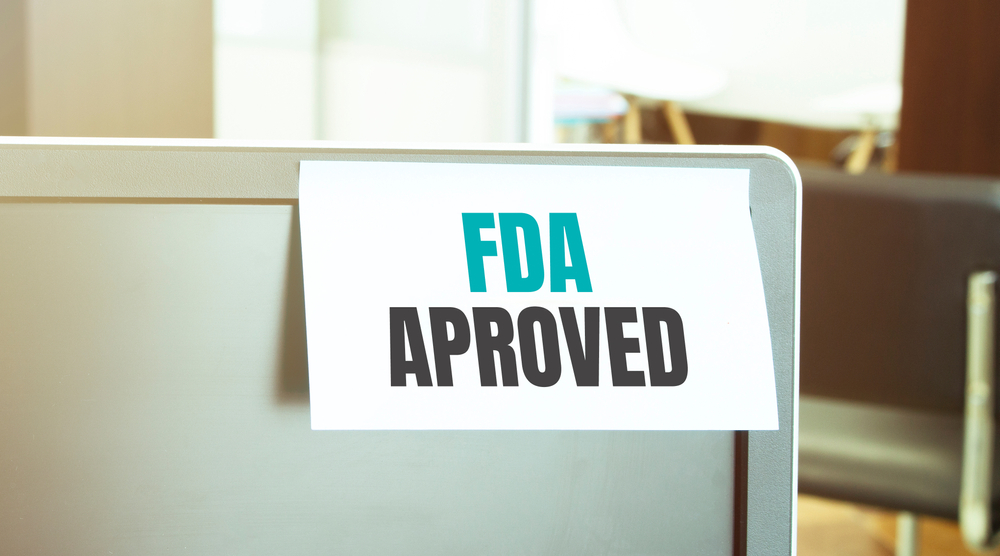This was my latest column for the Free Lance-Star on Sunday June 27th.
The FDA’s approval of a new drug to treat Alzheimer’s Disease has prompted a lot of hope. But also prompted three members of the FDA’s advisory committee to resign.

Aducanumab, marketed by Biogen and Eisai by the brand name Aduhelm prompted something of a stampede in doctors’ offices, my friends in practice tell me. “There were a whole lot of people asking for it the day it was approved” my doctor told me.
This goes along with the claim that Alzheimer’s is what people are most afraid of. More than heart disease. More than cancer. One study (on the UsAgainstAlzheimer’s website), reported that one-in-three retirees listed it as the chronic disease they feared most.
The idea of there being a fix is welcome news. But the big question the experts are arguing over, is “do its benefits outweigh the dangers and the cost?”
The Tangled Neuron
Alzheimer’s seems to be caused by tau protein and beta-amyloid forming “neurofibrillary tangles” in the brain leading to severe and progressive decline in memory, thinking and reasoning. It is the commonest form of dementia.
Memory problems for example, present as someone immediately forgetting something they’ve just been told. Or repeating the same thing over and over.
There are likely to be problems organizing (grocery lists, appointments, finances) or following instructions (how to use the microwave, the TV etc.) Trouble finding the right words, or following the theme, of a conversation. Getting lost and losing things - then often accusing others of stealing them.
I know, you and I both do these things to some extent – but it’s the extent that matters. In case you’re worried, the Alzheimer’s Association website has a list of the “Ten Signs of Dementia” and how this differs from just old age and ditzy-ness.
Formal diagnosis usually requires a mental status exam by a neurologist, who may want to do an MRI scan to rule out other causes of dementia. A new test, p-tau217, has recently become available. It looks for tau protein in the blood, which might allow early diagnosis.
And here’s a wacky one. Researchers used peanut butter to test people’s sense of smell – and found “participants with Alzheimer’s needed to be an average of 10 centimeters closer to the peanut butter container in order to smell it from their left nostril compared to their right.”
It’s quite common to have patients worrying because they think they’re getting Alzheimer’s. My smartass response has always been “if you think you’re getting it . . . . . you’re not”
That if you had Alzheimer’s you wouldn’t have the insight to see the problems you are having with your mental function. That’s not quite true. In the early stages people may see it coming. But not when advanced.
Trick or Treat?
Aduhelm – generic name aducanumab – is a monoclonal antibody derived from the immune cells of elderly people with no or unusually slow cognitive decline. It is given as an intravenous infusion once every four weeks at a likely average cost of $56,000 a year.
It helps clear beta-amyloid from the brain, though there are skeptics like Dr. David Knopman neurologist at the Mayo Clinic, who is reported in Medscape Medical News as saying, “removing amyloid from the brain hasn’t resulted in meaningful clinical improvement in the vast majority of clinical trials.”
For approval of Aduhelm, two studies were submitted to the FDA assessing its effects on deterioration of memory and thinking. One trial showed no effect. The other, only a 0.39 point improvement on an 18 point cognitive scale according to The People’s Pharmacy.
The principal adverse effect is brain swelling – which would require serial MRI scans for anyone taking it – which will of course add to the cost.
The advisory committee that sends its findings to the FDA, thought there was insufficient evidence that the benefits outweigh the risks. They recommended not approving it. But the FDA ignored this and gave it emergency approval anyway.
It is “unheard of for the FDA to approve a drug when the entire expert committee believes the drug is unworthy” notes People’s Pharmacy website. Now three of the committee members have resigned in protest.
There is a requirement for the manufacturers to perform further studies to try to get more evidence of its efficacy and safety – but which doesn’t have to be completed and reported until 2030.
It would seem Aduhelm’s approval is a lifeline for Biogen. The Wall Street Journal says that it could be “one of the best selling drugs in the world.” And without it, Biogen would be left with a “stable of ageing multiple-sclerosis drugs with declining revenue” reports the Wall Street Journal. Shares of Biogen rose 39 percent when the drug was approved.

This is a possibly ineffective medicine with some bad side effects that is very expensive, but that provides hope for a terrible illness.
The crucial question is “who is this going to benefit?”




